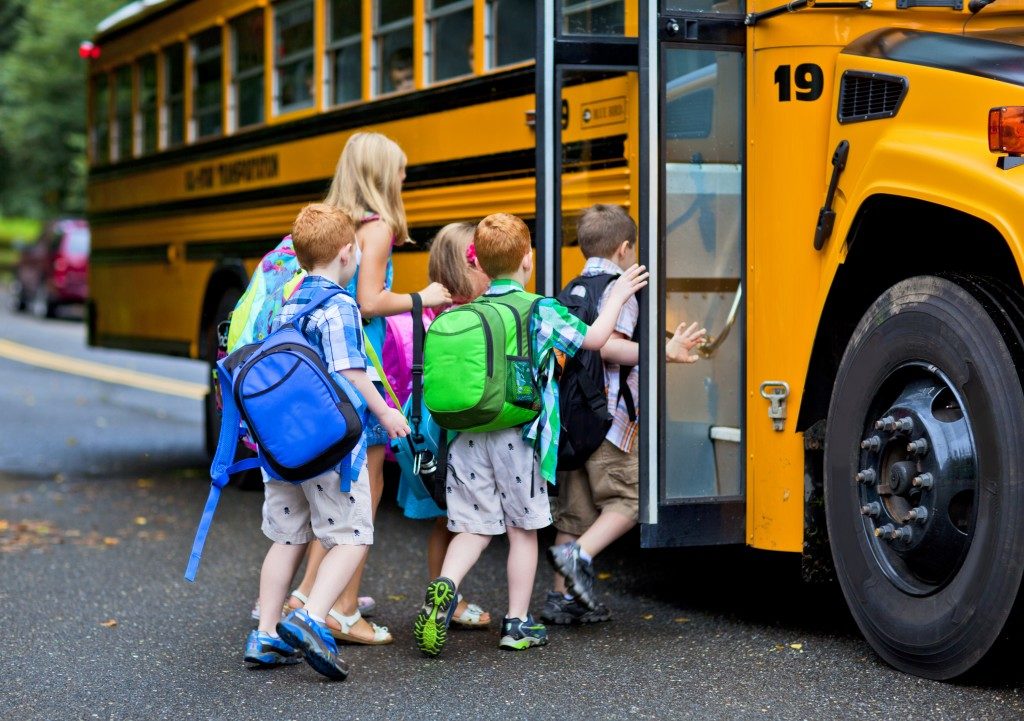The classroom model of learning has been around for years. Students go to school and learn inside the classroom from their teachers. It is in these walls that most of the people learn the skills they need to survive in the outside world. Regardless of their profession as adults, the lessons they learn will always serve their purpose in one way or another.
However, studies have found that people can learn more from outside the confines of the traditional learning setup. This is where school trips and tours to historical and educational sites come in.
You probably had one as a kid: going to a museum with your class to learn more about fossils, the history of the area, and seeing up-close what your teachers taught you in school. Then there are nature tours that give people a new perspective of what local wildlife is like.
These tours can still be taken even as adults because you do not stop learning once you graduate from school. For example, you and your friends and family can sign up for Zion Park tours, which will give you an immersive look of the jaw-dropping scenery.
Out-of-classroom learning is proving to be a viable educational asset. If you are still not sold on the idea, here are some of the benefits you can get from the experience:
Real-life applications
If students do not get to see what normal life and experiences are like outside of the classroom, how do they expect to keep up with the rising demands of society? When people take educational trips, the experiences they get can either help back up the knowledge they already have or disprove some of them. This could be great for debates and discussions or even add on to the information they learned.
Not only that; some educational tours even include on-the-spot tests where people get to apply the knowledge they learned during the tour. This could vary from random questions made by the tour guide to a hands-on skill application, and so on.
Better engagement

Not all people like to learn in the traditional classroom setting. Some work better with a hands-on learning system. However, not all teachers can give this type of learning they are comfortable with.
With educational tours, the teachers have additional help in teaching the people the information they need. For example, in a museum tour setting, the guide and teachers can cover more topics and talk to more people if they have any problem understanding the information relayed to them.
The questions can be easily answered and the teachers can even go more in-depth because of the expert present on the tour. These experts may know more than your standard teacher does and will be of great help in explaining things the group.
The future of education now includes out-of-classroom experiences, which are vital to a person’s understanding of a certain topic or subject. These tours and trips can help people appreciate life and the world around them in a more intimate, fun, and educational way.

